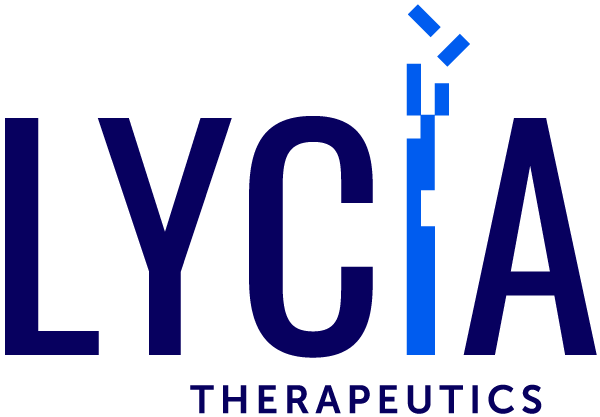We are committed to improving the lives of people living with autoimmune and inflammatory diseases
Food Allergy
Food allergy is a growing problem, affecting up to 8% of children and up to 11% of adults in the United States. Within minutes of food allergen exposure, allergen-specific antibodies promote symptoms ranging from mild skin reactions to severe and life-threatening anaphylaxis. Among those with food allergy, nearly 50% are estimated to be allergic to multiple foods. The current standard of care is avoidance of the allergen with the use of epinephrine for accidental exposure. This approach has been shown to be insufficient, with 40% of children and 50% of adults with food allergies experiencing a severe reaction due to accidental ingestion. Further, it places a significant mental and lifestyle burden on patients and their families, who live in fear of the consequences of exposure.
Although oral immunotherapy has been approved for the mitigation of allergic reactions, it is impractical for many patients due to a high rate of side effects and ineffectiveness in patients with allergies to more than one food. Currently, Xolair® is the only biologic approved for the treatment of food allergies. Still, clinical responses may be incomplete, and it is only indicated for a subset of patients based on their IgE levels and body weight.
Graves’ Disease
Graves’ disease is an autoimmune disorder that causes the thyroid gland to produce too much thyroid hormone and affects approximately 2% of women and 0.2% of men globally. The overproduction of thyroid hormones results from the body’s production of abnormal activating autoantibodies against the thyroid-stimulating hormone receptor (TSHR). When these autoantibodies bind TSHR, the thyroid becomes overstimulated and releases too much thyroid hormone. Higher levels of these autoantibodies are associated with more severe disease, making their elimination a promising approach for improving symptoms and related complications.
Because the thyroid hormone affects many systems in the body, Graves’ disease can cause a wide range of symptoms affecting the heart, bones, muscles, and metabolism, which can have a significant impact on the quality of life. People living with Graves’ disease experience multiple symptoms resulting from hyperthyroidism or form the underlying autoimmunity, including, but not limited to, weight loss, heat intolerance, tremor, and palpitations. A significant proportion of patients with Graves’ disease are diagnosed with thyroid eye disease, which affects the muscles and tissues around the eyes. Severe cases of Graves’ disease, the so-called ‘thyroid storm,’ are characterized by extremely elevated thyroid hormone levels, blood pressure instability, and a high rate of mortality.
Current medical treatments for Graves’ disease have a high relapse rate, and many patients are unable to achieve remission. The most common treatment, anti-thyroid drugs (ATDs), are only effective in achieving remission in up to 50% of patients, leaving a significant gap in effective care. Radioactive iodine and thyroid surgery are alternatives to medical treatment, but both are invasive and can result in the worsening of certain symptoms and/or permanent hypothyroidism, requiring lifelong thyroid hormone replacement therapy. There are no other approved therapeutic options for patients that relapse or are intolerant to ATDs, or for those that require radioactive iodine or thyroidectomy.
